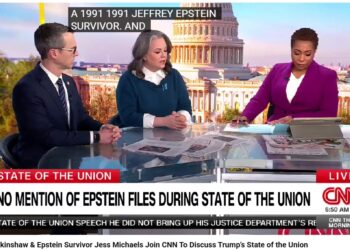Senator Dave Marsdan, Senator George Barker and Delegate Tim Hugo,
Virginia has a nascent solar energy program and until recently has lagged behind other states in terms of solar installations. Now that Dominion is on-board with bringing 500 MW of solar to the commonwealth of Virginia, it would be a good time to look at mechanisms that spur community involvement and investment in shared solar projects that can then be connected to our grid.
One such policy – virtual net metering – is an extension of net metering which is already in place here in Virginia. Virtual net metering would allow Virginia ratepayers to invest in a local community energy project and have their share of the project accounted for on a ‘virtual net meter’ that would be aggregated on the bill.[1]
This allows for better site selection for solar and distributed energy projects. Many roofs are not able to sustain a solar array for various reasons[2], and this would allow those homeowners a chance to green their energy bills and lock in fixed energy rates for that portion of their bill.
This brings additional financing to bear for community solar projects, as with larger projects the tax advantages from the solar Investment Tax Credit (ITC) are hard for single homeowners to financially internalize.
Build one larger array versus several smaller arrays will cost less, have fewer regulatory demands for inspection and permitting, and will generate a better rate of return for rate paying investors without any of the worry of maintain an array on your residence. For renters that move every year or so here in northern Virginia virtual net metering would be one of the few ways to invest in solar technology and help stabilize your energy bill.
1] “5 Reasons Virtual Net Metering is Better than Plain Ol’ Net Metering”[2 “Here’s how to get solar power if you don’t own a roof” http://www.vox.com/2015/6/25/8…


![[UPDATED with Official Announcement] Audio: VA Del. Dan Helmer Says He’s Running for Congress in the Newly Drawn VA07, Has “the endorsement of 40 [House of Delegates] colleagues”](https://bluevirginia.us/wp-content/uploads/2026/02/helmermontage.jpg)















